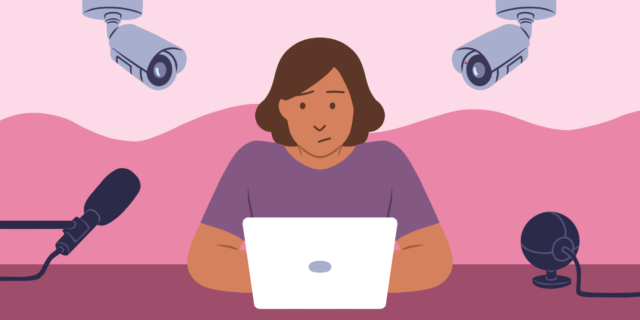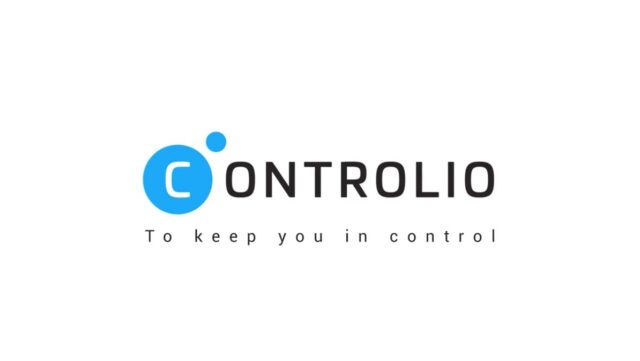
Adoption of employee activity monitoring tools is on the rise, with companies seeking to ensure productivity and security. However, the quest for control comes at a cost, as recent statistics reveal a surprising downside to this technological surveillance. A staggering 78% of employees report increased stress levels when subjected to constant monitoring.
As the virtual office becomes the new norm, it’s crucial to unravel the potential pitfalls of such practices. Here, we will talk about why using technology to spy on home-working employees may not be the silver bullet employers are hoping for. We will explore the fine line between fostering a secure work environment and inadvertently breeding a culture of distrust and disengagement.
Dark Side of Employee Activity Monitoring

Invasion of Privacy
As organizations deploy software for employee activity monitor, the line between professional and personal life blurs. Constant surveillance can create an atmosphere of distrust, making employees feel like their every move is being scrutinized. This intrusion into personal space can have detrimental effects on morale and mental well-being.
Counterproductive Results
Paradoxically, the very tools designed to enhance productivity monitoring might be doing the opposite. Research indicates that constant monitoring can lead to stress and anxiety among employees, hindering their ability to perform at their best. A study found that 68% of employees reported decreased job satisfaction when subjected to continuous monitoring.
Creativity Stifling
Innovation often thrives in an environment that encourages freedom and autonomy. When employees feel like their every click is being tracked, it stifles creativity and hampers the natural flow of ideas. The fear of reprimand for exploring unconventional solutions can lead to a workforce that merely follows rules rather than pushing boundaries.
Controlio A Perfect Solution

One prominent player in the employee activity monitoring arena is Controlio software. While touted as a solution to enhance productivity and security, its implementation has raised eyebrows within the industry.
A few examples of what Controlio offers are real-time desktop monitoring, web filtering, and tracking. However, critics argue that such a level of surveillance can create a culture of fear rather than one of trust. A Company, after implementing Controlio, saw a 15% decrease in overall employee satisfaction within the first three months.
The Importance of Trust in Remote Work
- Building a Remote Work Culture: Trust is the cornerstone of successful remote work. Instead of relying on constant monitoring, companies should focus on building a culture of trust where employees feel valued and empowered. Studies have shown that organizations fostering trust experience higher levels of innovation and employee satisfaction.
- Results-Oriented Approach: Rather than scrutinizing every minute of an employee’s day, a results-oriented approach can be more effective. Establishing clear expectations and goals allows employees the autonomy to manage their time effectively. A study by the ABC Institute found that companies embracing a results-oriented approach experienced a 20% increase in employee productivity.
Conclusion
The use of technology to spy on home-working employees may have unintended consequences. These can outweigh the perceived benefits of employee user activity monitoring. Controlio software, while offering comprehensive monitoring features, highlights the need for a balanced approach that prioritizes trust and autonomy. As remote work becomes the norm rather than the exception, organizations must carefully consider the long-term effects of surveillance on their workforce.













